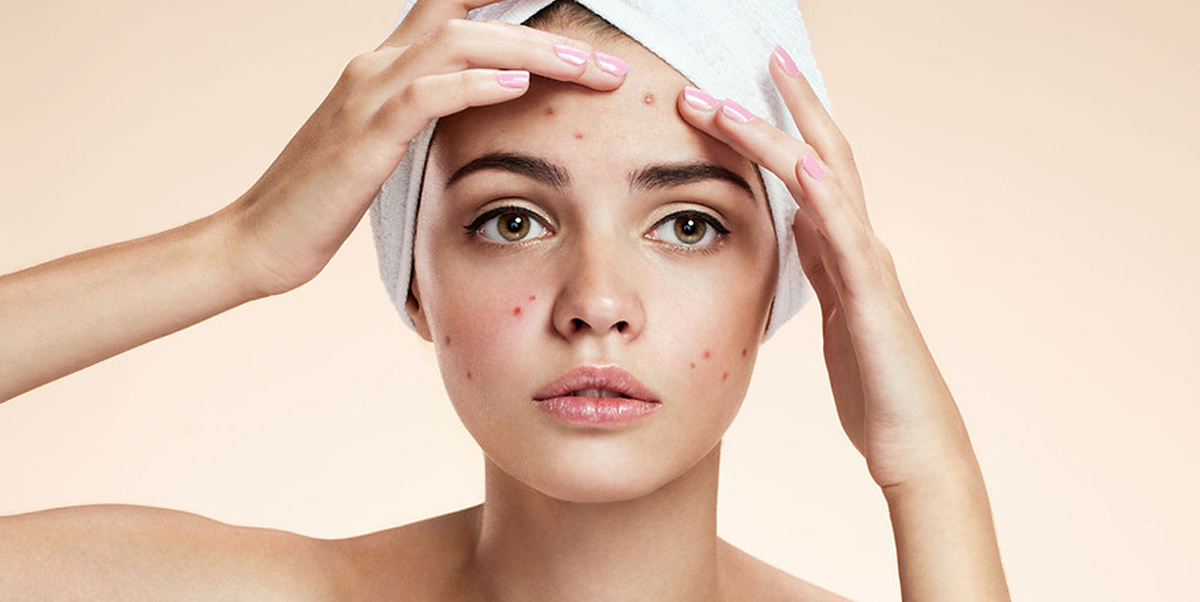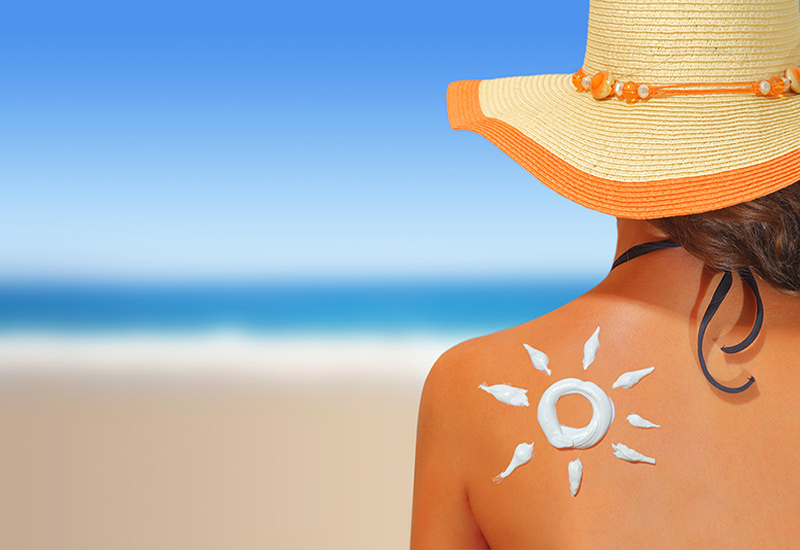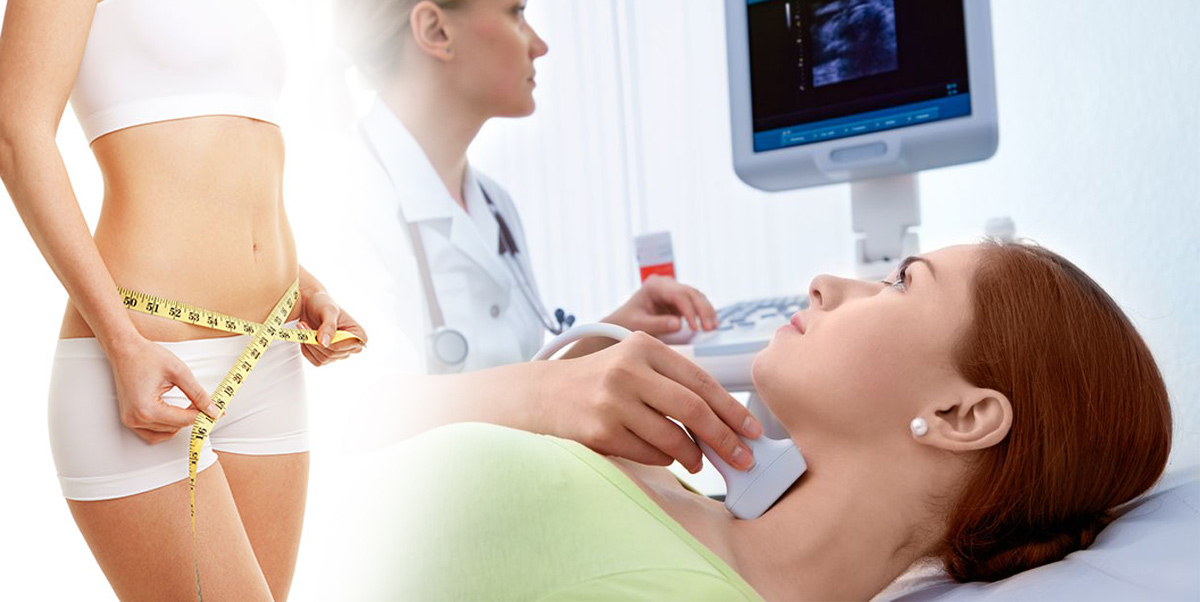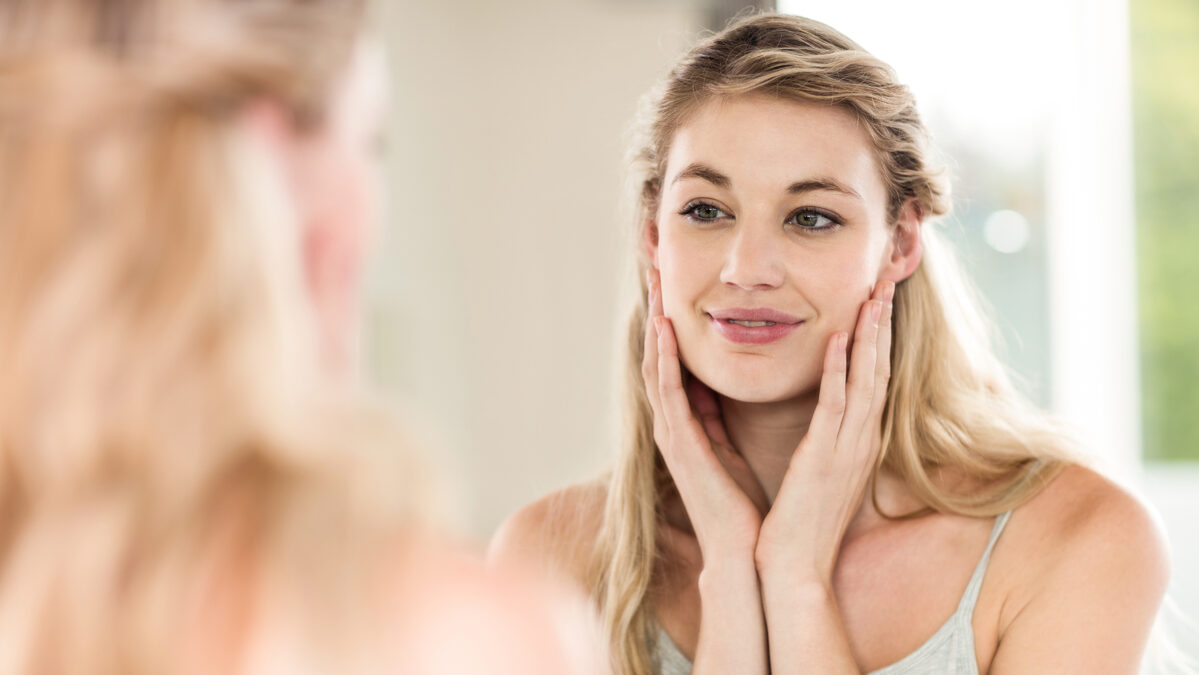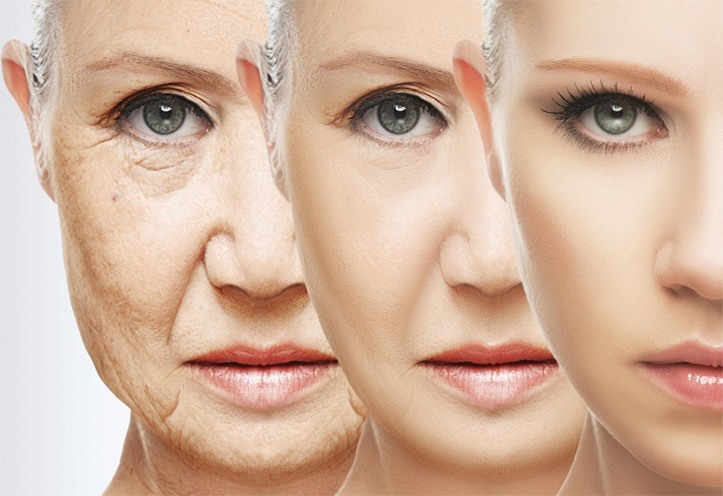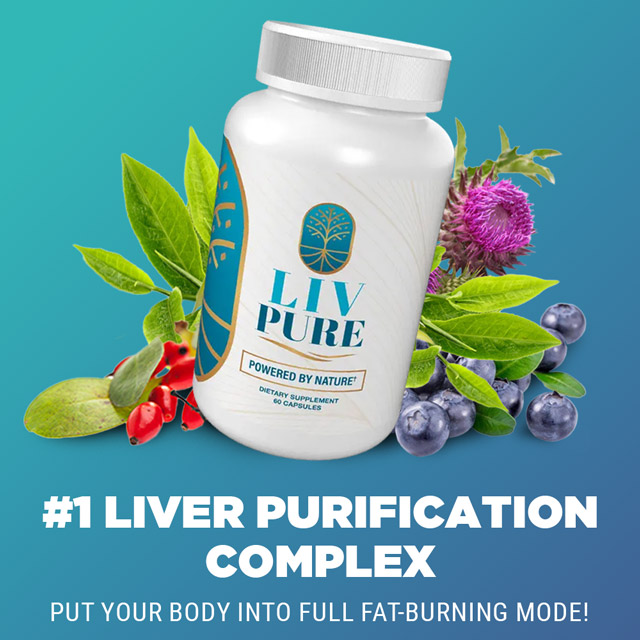Acne is a threat. However, it is not impossible to overcome. There are numerous acne skin care products available. We can divide acne skin care products into three basic categories:
- Acne prevention or general skin care products
- Non-prescription acne skin care treatments
- Over-the-counter, specialty acne skin care products
Acne prevention is achieved through the use of generic acne skin care products. Cleansers, make-up removers, and other acne-prevention treatments fall under this category. In reality, these acne skin care products are just ones that should be part of your everyday practice. Some of these, however, are more geared toward acting as acne skin care products. These acne skin care treatments work against the causes of acne, such as decreasing sebum/oil production and preventing skin pore-clogging.
Essentially, these acne skin care treatments keep oil from becoming stuck in pores, thereby inhibiting the growth of germs that cause acne. Exfoliation products, such as skin peels, are also included in general acne skin care products. These function to remove dead skin cells, lowering the chance of pore-blocking and bacterium growth.
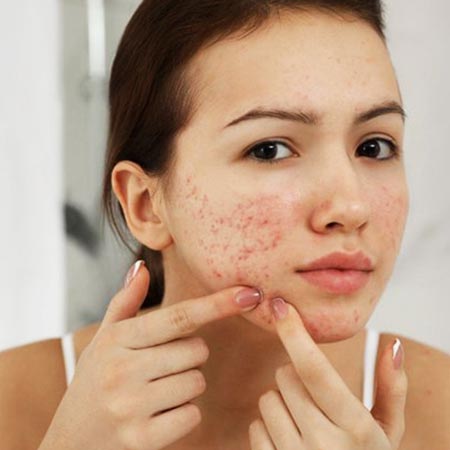
Then there are acne skin care products that are available over-the-counter, that is, without a prescription. These include items such as vanishing lotions, which drain excess oil from the skin. The majority of these acne skin care treatments contain benzoyl peroxide and salicylic acid, both of which are antibacterial (and hence acne).
Begin with a product with a lesser concentration of benzoyl peroxide (e.g., 5%) and see how your skin reacts to it. Moisturizers based on alpha-hydroxy acids are also popular acne skin care treatments. You may have to test a few before you find the acne skin care product that works best for you. If nothing seems to be working, you should see a dermatologist.
A dermatologist will prescribe acne skin care products that are on-prescription. This can include ointments administered to the afflicted area, oral antibiotics, or any other topical treatment. A dermatologist may also recommend a modest surgical operation to remove pustule contents. However, never try to squeeze or do this on your own as it might cause irreversible skin harm. Your doctor may also recommend a hormone-based treatment (since hormonal changes are also known to cause acne). Acne skin care solutions of this type are proven to be quite beneficial in some circumstances.
So, with all of those acne skin care treatments available, dealing with acne isn’t all that difficult.
